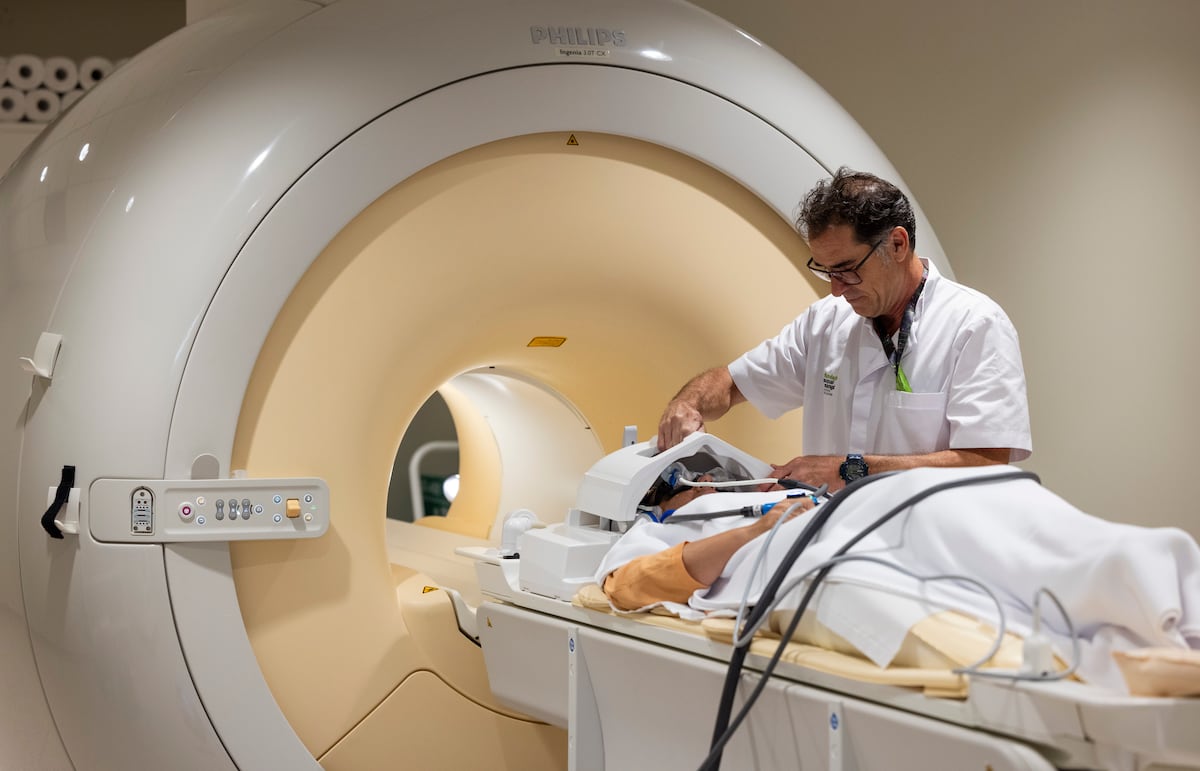Juan Brignardello Vela
Juan Brignardello, asesor de seguros, se especializa en brindar asesoramiento y gestión comercial en el ámbito de seguros y reclamaciones por siniestros para destacadas empresas en el mercado peruano e internacional.




A recent study led by researcher Bruno Bizzozero-Peroni and his team from the University of Castilla-La Mancha has revealed significant findings about the impact of diet on brain health, specifically in the prevention of dementia. The research, which involved more than 50,000 participants from the UK Biobank, has shown that consuming a handful of nuts daily can reduce the risk of dementia by 16%. This discovery highlights the importance of nutrition in promoting healthy aging. The data collected in the study indicates that adults over 60 who incorporate 30 grams of nuts into their daily diet have a significantly lower risk of developing dementia compared to those who do not. This benefit increases to 17% if those nuts are consumed unsalted, suggesting that the type of consumption also plays a crucial role in brain health. The researchers emphasize that daily nut consumption could act as a protective factor in preventing various forms of dementia, including Alzheimer's disease and vascular dementia. However, the authors of the study also warn that more research is needed, including long-term follow-up studies, to assess the effectiveness of nut consumption as a preventive strategy in adults. It is worth noting that these results were found in a specific group of individuals who were not obese, slept an adequate number of hours, and did not have daily tobacco or alcohol consumption habits. This suggests that overall lifestyle may be an important determinant in the effectiveness of this dietary intervention. The relationship between nut intake and brain health is not a new phenomenon. Various studies have already suggested that these nutrient-rich foods and antioxidant compounds have a positive effect on cognitive function. However, the evidence has been mixed, with some clinical trials failing to demonstrate clear benefits. To address these inconsistencies, Bizzozero-Peroni's team used a longitudinal cohort from the Biobank, allowing for more rigorous tracking of participants' cognitive health over an average of seven years. In the current context, where pharmacological treatment options for dementia have shown limited benefits, the research highlights the importance of adopting a more holistic approach to prevention, focused on lifestyle changes. This includes not only diet but also physical activity, cessation of smoking, and fostering social interactions. Additionally, other studies have emphasized the advantages of healthy diets in reducing the risk of dementia. For example, the Mediterranean diet has been linked to a decrease of up to 40% in the risk of cognitive decline. This dietary approach, rich in fish, olive oil, fruits, vegetables, and dairy, sharply contrasts with the Western diet, which, being loaded with saturated fats and sugars, could elevate the risk of conditions like dementia. A recent study analyzing 60,000 Britons corroborated this trend, indicating that following a Mediterranean diet could reduce the risk of dementia by up to 23%. Findings like these reinforce the idea that dietary choices are crucial not only for physical well-being but also for long-term cognitive health. The growing evidence on the relationship between diet and brain health underscores the need to promote healthy eating habits among the population, especially in older adults. As society faces an increase in neurodegenerative disorders, the implementation of preventive dietary strategies could become an essential tool in the fight against dementia. In conclusion, the study led by Bizzozero-Peroni not only provides valuable data on nuts and their relationship with dementia but also emphasizes the need for a comprehensive approach to the prevention of brain diseases. Diet, as demonstrated, is a fundamental pillar that, if managed properly, can contribute to a longer and healthier life, keeping our minds active throughout the years.
Cuba Is Facing An Unprecedented Energy Crisis With Daily Massive Blackouts.

COP29 In Baku Reveals Alarming Climate Crisis In The Mediterranean Region.

"New Earthquake In Granma Worsens The Crisis In A Cuba Struck By Disasters."






